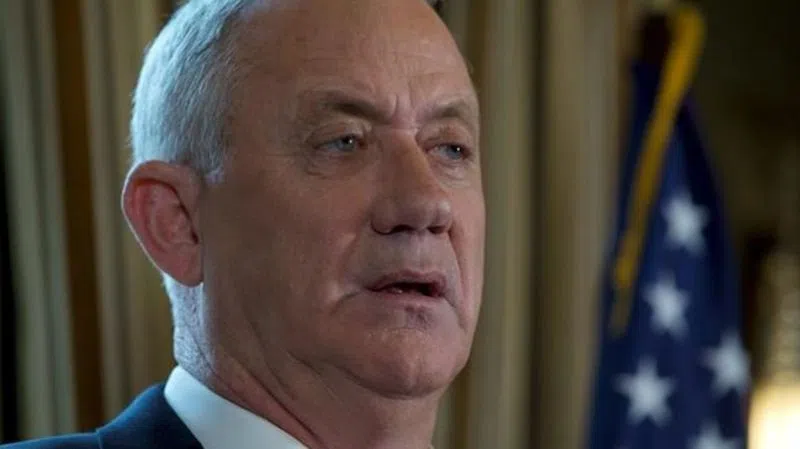
Trump hosts Israeli leaders who call his peace plan historic
WASHINGTON — President Donald Trump hosted Israel’s prime minister and his chief rival Monday at the White House on the eve of unveiling a long-awaited Mideast peace plan, expressing confidence that despite adamant Palestinian rejection they would ultimately go along with a blueprint he said was “very good for them.”
The Trump proposal is widely expected to be favourable to Israel, with both Prime Minister Benjamin Netanyahu and challenger Benny Gantz speaking in glowing terms about the president and his initiative. But with the Palestinians steadfastly refusing to even speak to Trump, and urging other Arab nations to boycott Tuesday’s event, there is great skepticism over the plan’s chances of success.
The meetings come just a month before Netanyahu and Gantz are set to face off in national elections for the third time in less than a year, and both were looking to project leadership in their separate meetings with the president.
Trump called his proposal a great “opportunity” but wouldn’t discuss further details, noting that its release has long been delayed because of the uncertain political situation in Israel. He refused to answer questions over whether it would include Israeli annexation of parts of the West Bank, signalling that it was premature for Palestinians to rule it out.
